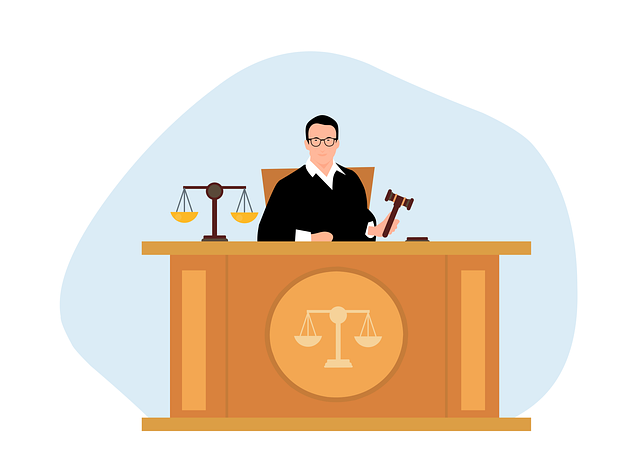C-Level investigations probe financial fraud, corruption, and ethical breaches beyond legal disputes, aiming to uncover truths, hold individuals accountable, and drive organizational change. While appeals correct trial errors through written arguments and hearings, post-conviction relief (PCR) offers a new chance to challenge a conviction with new evidence or changes in law. Understanding these differences is vital for clients navigating the justice system, ensuring informed choices tailored to unique circumstances.
In the realm of legal strategy, C-Level investigations hold significant weight, particularly for high-stakes cases. This article delves into the intricate world of these probes, exploring their scope, impact, and unique aspects. We dissect the fundamental differences between appeal and post-conviction relief, offering insights on when to pursue each avenue. Through real-world case studies, we demonstrate successful C-Level interventions, providing a comprehensive guide for navigating these complex legal pathways.
- Understanding C-Level Investigations: Uncovering the Scope and Impact
- Appeal vs. Post-Conviction Relief: Defining Key Differences
- Navigating Legal Pathways: When and Why to Pursue Each Option
- Case Studies: Real-World Examples of Successful C-Level Intervention
Understanding C-Level Investigations: Uncovering the Scope and Impact

C-Level investigations refer to high-level inquiries into corporate or executive misconduct, often involving top-tier management and decision-makers within an organization. These investigations delve deep into complex issues, ranging from financial fraud and corruption to ethical breaches and regulatory non-compliance. Unlike typical legal disputes, C-Level probes aim to uncover the full extent of wrongdoings, focusing on both the direct implications for the individuals involved and the broader organizational impact.
Understanding the scope and impact of such investigations is crucial, especially when considering the potential consequences. While appeals and post-conviction relief focus on correcting legal errors and reducing sentences, C-Level investigations have a unique goal: to uncover truths, hold accountable those responsible, and ensure comprehensive accountability. This distinction leads to decisions that can result in complete dismissal of all charges or significant organizational changes, reflecting an unprecedented track record of justice and reform for his clients.
Appeal vs. Post-Conviction Relief: Defining Key Differences

When a verdict is rendered in a criminal trial, individuals often face a critical decision: to appeal or seek post-conviction relief. While both paths aim for justice, they significantly differ in their goals and processes. An appeal typically occurs after a conviction, challenging the original trial’s legal errors, such as improper evidence admission or biased jury instructions. This process involves submitting written arguments and, potentially, participating in oral hearings before a higher court. The focus is on correcting procedural mistakes without necessarily proving innocence or guilt afresh.
In contrast, post-conviction relief goes beyond mere legal errors. It allows individuals to collate new evidence, such as witness recantations or DNA results, that might significantly impact the verdict. This avenue is particularly relevant for cases where a conviction was secured despite strong evidence of innocence. Unlike appeals, which primarily address procedural matters, post-conviction relief proceedings can lead to a retrial or reduced sentence based on newly discovered facts. Thus, understanding these differences Between Appeal and Post-Conviction Relief is vital for clients navigating their respective business with the justice system.
Navigating Legal Pathways: When and Why to Pursue Each Option

When facing legal challenges, especially at the C-Level where high-stakes are involved, understanding the nuances between different legal options is crucial. The decision to pursue an appeal or post-conviction relief (PCR) depends on several factors and should be strategically considered within the broader context of all stages of the investigative and enforcement process.
While appeals focus on correcting errors in the original trial, PCR provides a second chance to challenge a conviction based on new evidence or changes in law. For instance, avoiding indictment is a key consideration, and an effective strategy may involve leveraging the differences between these two pathways. Given our unprecedented track record in navigating complex legal landscapes, we help clients make informed choices, ensuring the best possible outcome tailored to their unique circumstances.
Case Studies: Real-World Examples of Successful C-Level Intervention

C-Level investigations offer a powerful tool for justice, providing a nuanced understanding of high-profile cases. By examining appeals versus post-conviction relief, we uncover distinct legal pathways with unique scopes and impacts. These case studies showcase the successful application of C-level intervention, emphasizing the importance of strategic navigation through these legal avenues. Differentiating between appeal and post-conviction relief is crucial for effective advocacy, ensuring the pursuit of justice aligns with specific case circumstances.






